Artificial Intelligence
John J. Hopfield and Geoffrey E. Hinton Awarded the 2024 Nobel Prize in Physics for Enabling Machine Learning with Artificial Neural Networks
The Nobel Committee recognized that Hopfield and Hinton’s discoveries have opened up entirely new possibilities, not only in physics but across multiple disciplines. Their advancements help drive innovations in healthcare, finance, communication, and beyond.
John J. Hopfield and Geoffrey E. Hinton have been awarded the 2024 Nobel Prize in Physics for their groundbreaking contributions to machine learning, specifically in the development of artificial neural networks (ANNs). Their discoveries laid the foundation for modern machine learning, enabling the remarkable advancements in artificial intelligence (AI) today.
Artificial neural networks are computational systems designed to mimic how biological neurons in the human brain process information. In these systems, interconnected “neurons” (nodes) pass information to one another through “synapses” (weighted connections). The system learns by adjusting the weights of these connections, similar to how the human brain strengthens or weakens synapses based on learning and experience. This framework has become essential for AI, enabling systems to perform complex tasks such as image recognition, natural language processing, and autonomous decision-making.
John Hopfield, a physicist and biologist, is celebrated for developing the “Hopfield Network” in the 1980s. His model introduced the idea of energy minimization in neural networks, which helped explain how biological brains could process information efficiently. John Hopfield’s work also laid the groundwork for future innovations in recurrent neural networks, which are now fundamental in AI applications like speech recognition and translation.
Geoffrey Hinton, often called the “Godfather of Deep Learning,” made monumental contributions to the field by developing backpropagation, a method for training deep neural networks. Geoffrey Hinton’s work on deep learning revolutionized AI by enabling machines to automatically improve their performance over time, unlocking capabilities once thought to be exclusively human, such as pattern recognition, reasoning, and perception. His work has been instrumental in developing AI systems used in everyday applications, from self-driving cars to voice assistants like Siri and Alexa.
Their joint contributions have been pivotal in shaping the field of AI. Their pioneering work can be traced back to the success of machine learning models, including the deep learning methods widely used today. Hinton’s ongoing contributions remain at the forefront of AI research, with innovations that continually push the boundaries of machine intelligence.
The Nobel Committee recognized that John Hopfield and Geoffrey Hinton’s discoveries have opened up new possibilities in physics and across multiple disciplines. Their advancements help drive innovations in healthcare, finance, communication, and beyond.
The Nobel Prize in Physics has a long history of acknowledging revolutionary scientific discoveries, and the 2024 award highlights how advances in computational models and AI are now reshaping the future of science and technology.


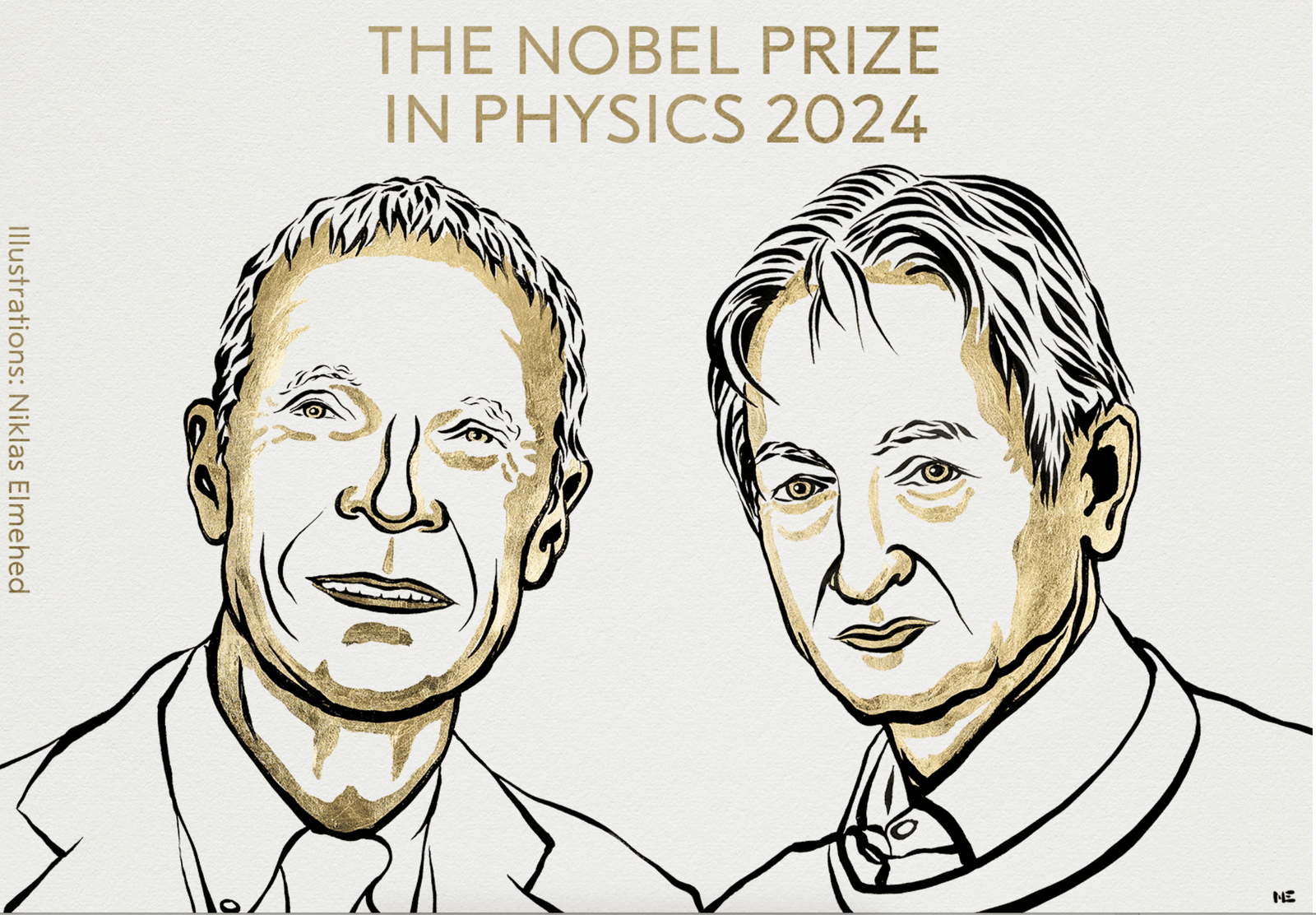




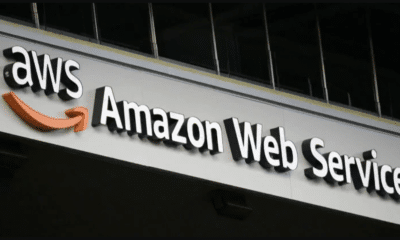






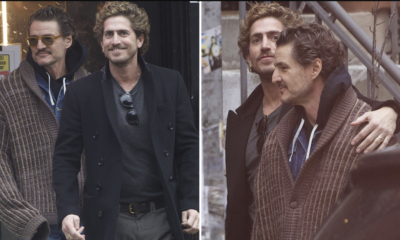
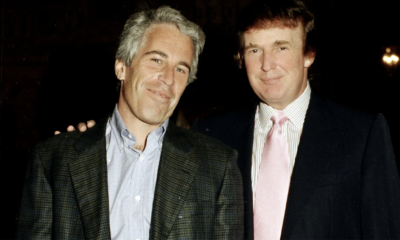
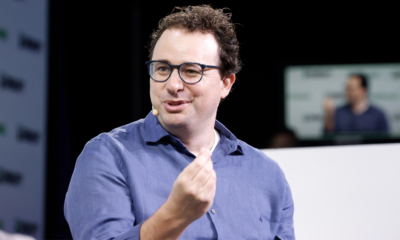
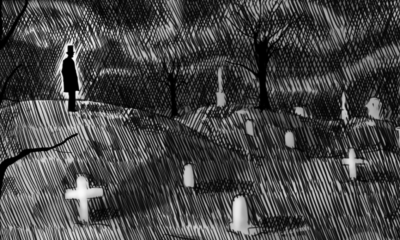
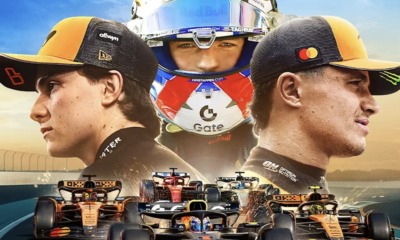
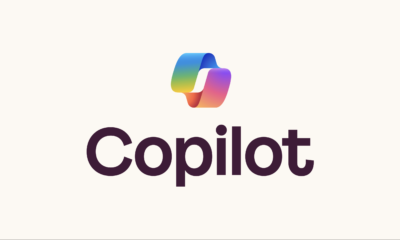






















Pingback: Godfather of AI Nobel Prize Winner Geoffrey Hinton has Regrets
Pingback: Godfather of AI Geoffrey Hinton warns; Chatbot held for Teen Death